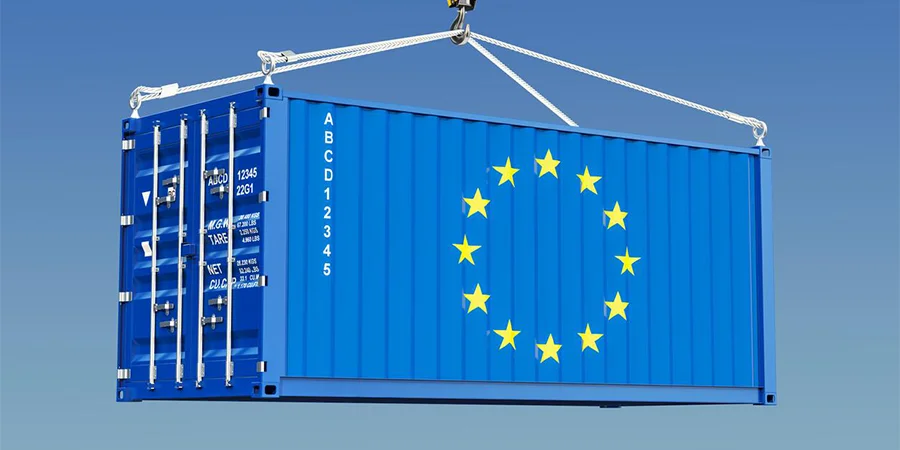Indirect Representation in Customs: What It Is and How It Works
Customs procedures are an essential aspect of international trade. They ensure that goods are imported and exported in a legal and safe manner, and that the appropriate duties and taxes are paid. Indirect representation is a system that is used in customs procedures to allow importers and exporters to authorize a third party to act on their behalf. In this blog post, we will explore what indirect representation in customs is, how it works, and why it is important.
What is Indirect Representation in Customs?
Indirect representation in customs is a system that allows importers and exporters to authorize a third party to act on their behalf in customs procedures. This third party is known as an indirect representative or a customs broker. The indirect representative is authorized to carry out customs procedures, such as submitting customs declarations, paying duties and taxes, and handling other administrative tasks, on behalf of the importer or exporter.
Indirect representation is commonly used in international trade because it allows importers and exporters to focus on their core business activities, while the indirect representative takes care of the customs procedures. Indirect representation is also beneficial because it allows for greater expertise in customs procedures, as the indirect representative is typically a specialist in customs procedures and regulations.
How Does Indirect Representation in Customs Work?
Indirect representation in customs works by allowing importers and exporters to authorize a third party to act on their behalf. This authorization is typically given through a power of attorney or a written agreement. The power of attorney or written agreement sets out the scope of the indirect representative’s authority and outlines the responsibilities of the importer or exporter.
Once the authorization is in place, the indirect representative can carry out customs procedures on behalf of the importer or exporter. This typically involves submitting customs declarations, paying duties and taxes, and handling other administrative tasks. The indirect representative is responsible for ensuring that all customs procedures are carried out in compliance with applicable regulations and laws.
Why is Indirect Representation in Customs Important?
Indirect representation in customs is important for several reasons. First, it allows importers and exporters to focus on their core business activities, while the indirect representative takes care of the customs procedures. This can save time and money, and can allow businesses to operate more efficiently.
Second, indirect representation in customs allows for greater expertise in customs procedures. Customs procedures can be complex and time-consuming, and require a detailed understanding of regulations and laws. By using an indirect representative, importers and exporters can benefit from the expertise of a specialist in customs procedures.
Third, indirect representation in customs can help to ensure compliance with regulations and laws. Customs regulations and laws can be complex and subject to change. By using an indirect representative, importers and exporters can ensure that all customs procedures are carried out in compliance with applicable regulations and laws.
Challenges to Indirect Representation in Customs
Despite the many benefits of indirect representation in customs, it is not without its challenges. One of the key challenges is ensuring that the indirect representative is reliable and trustworthy. The indirect representative is given a significant amount of authority, and it is important to ensure that they act in the best interests of the importer or exporter.
Another challenge is ensuring that the indirect representative is knowledgeable and experienced in customs procedures. Customs procedures can be complex and subject to change, and it is important to ensure that the indirect representative has the expertise to navigate these procedures effectively.
Finally, it is important to ensure that the indirect representative is transparent and accountable. Importers and exporters should have a clear understanding of the scope of the indirect representative’s authority, and should have mechanisms in place to hold the indirect representative accountable for their actions.
